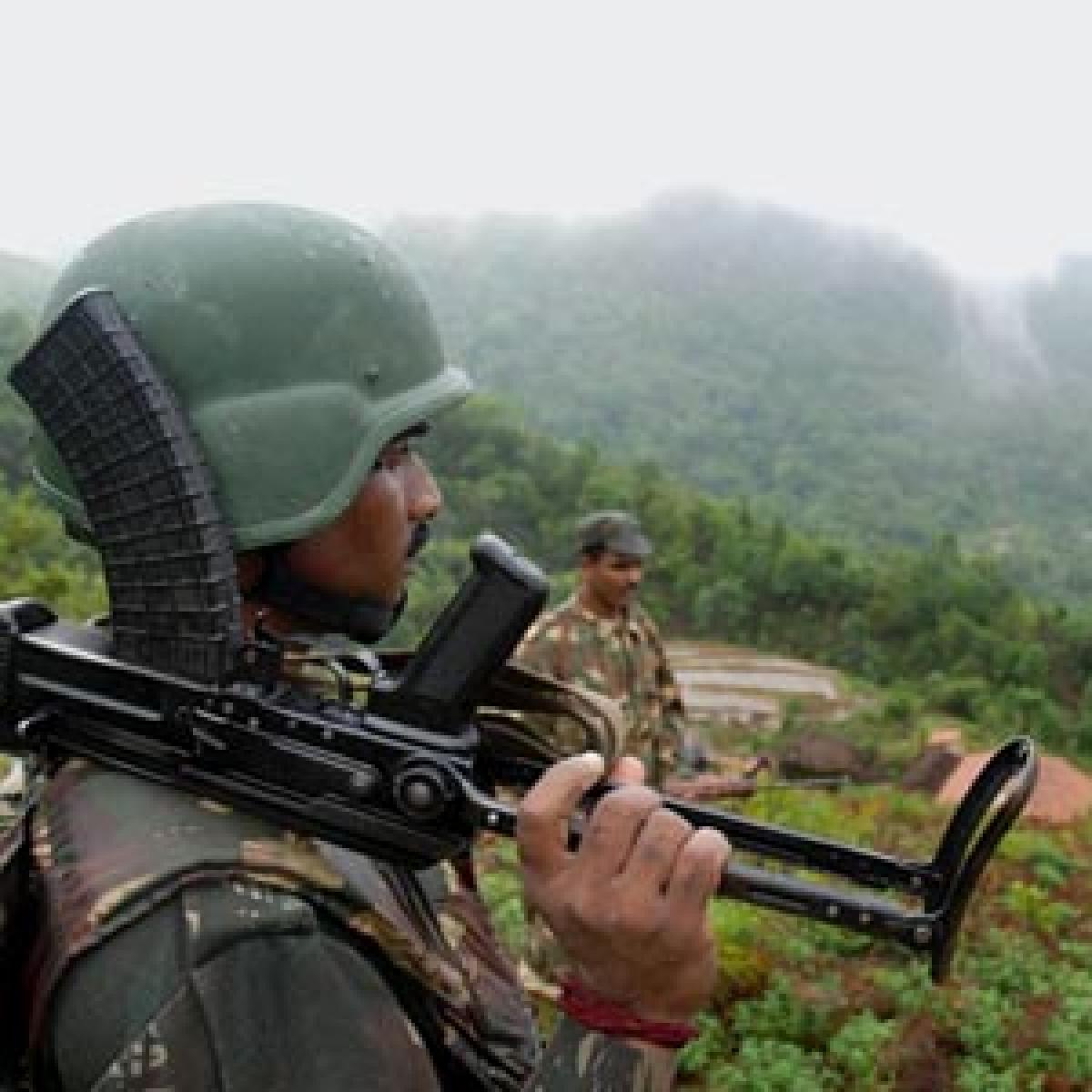Live
- Six scholars, including two women, win Infosys Prize 2024
- Gurukula zonal level sports meet concludes
- Vagdevi Jr College student selected for national basketball tourney
- Maoist area committee member arrested
- Collectorate staff protest attack on DC
- Villagers urge authorities to continue launch service even after construction of bridge
- MLA Padmavathi launches free lunch for readers
- Police high-handedness sparks outrage in Kodangal
- Khichi elected mayor of Delhi
- Sports enthusiasts encouraged to focus on achieving their goals
Just In

The Supreme Court of India in a landmark direction on July 8 said armed forces or police cannot use \"excessive or retaliatory force\" in even areas declared \'disturbed\' where this special Act is applicable.
The Supreme Court of India in a landmark direction on July 8 said armed forces or police cannot use "excessive or retaliatory force" in even areas declared 'disturbed' where this special Act is applicable. The court was passing directions in a PIL filed in 2012 by the Extra Judicial Executions Victims' Families Association seeking a "probe into 1,528 fake encounter killings in Manipur in the last two decades" by armed forces and Manipur Police.
"If members of our armed forces are deployed and employed to kill citizens of our country on mere allegation or suspicion that they are 'enemy' not only the rule of law but our democracy would be in grave danger. Any allegation of excessive force resulting in the death of any person must be thoroughly enquired into", said the bench.
Armed Forces (Special Powers) Acts (AFSPA), are Acts of the Parliament of India that grant special powers to the Indian Armed Forces in what each act terms "disturbed areas". One such act passed on September 11, 1958 was applicable to the Seven Sister States in India's northeast (Arunachal Pradesh, Assam, Meghalaya, Manipur, Mizoram, Nagaland and Tripura).
Another passed in 1983 and applicable to Punjab and Chandigarh was withdrawn in 1997, roughly 14 years after it came to force. An act passed in 1990 was applied to Jammu and Kashmir and has been in force since. The law grants security forces the power to search properties without a warrant, and to arrest people, and to use deadly force if there is "reasonable suspicion" that a person is acting against the state, according to Wikipedia.
The Acts have received criticism from several sections for alleged concerns about human rights violations in the regions of its enforcement alleged to have happened. Irom Chanu Sharmila who is also known as the "Iron Lady of Manipur" is a civil rights activist, who has been in a hunger strike for nearly 15 years. Her primary demand to the Indian government has been the repeal of the AFSPA.
On 31 March 2012, the UN asked India to revoke AFSPA saying it had no place in Indian democracy. Many human rights organizations such as Amnesty International and the Human Rights Watch (HRW) have condemned human rights abuses in Kashmir by police such as "extra-judicial executions", "disappearances", and torture, adds Wikipedia.

© 2024 Hyderabad Media House Limited/The Hans India. All rights reserved. Powered by hocalwire.com







